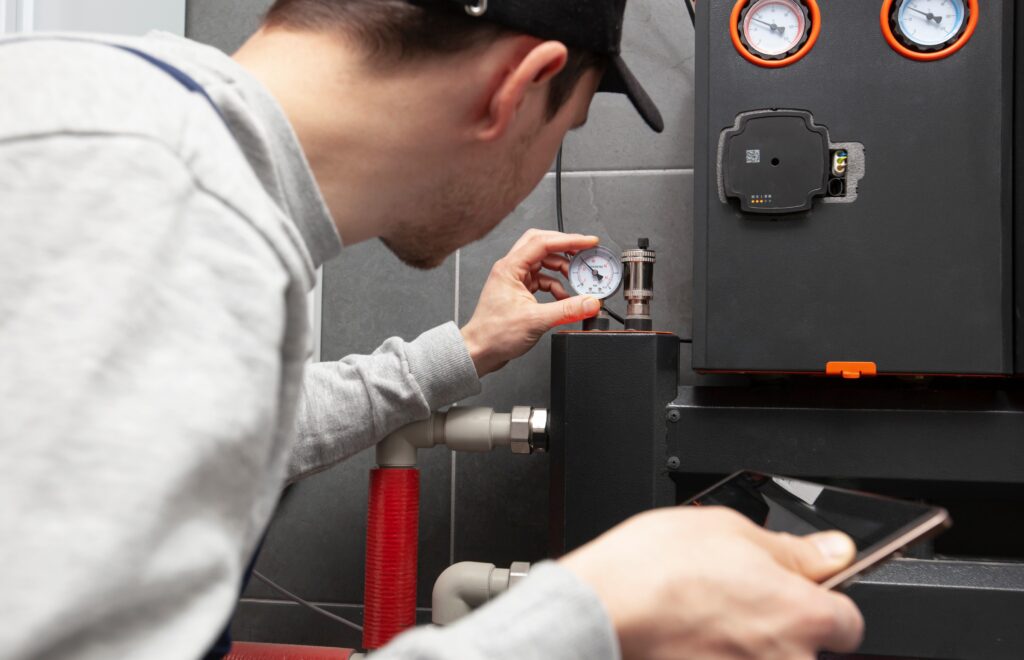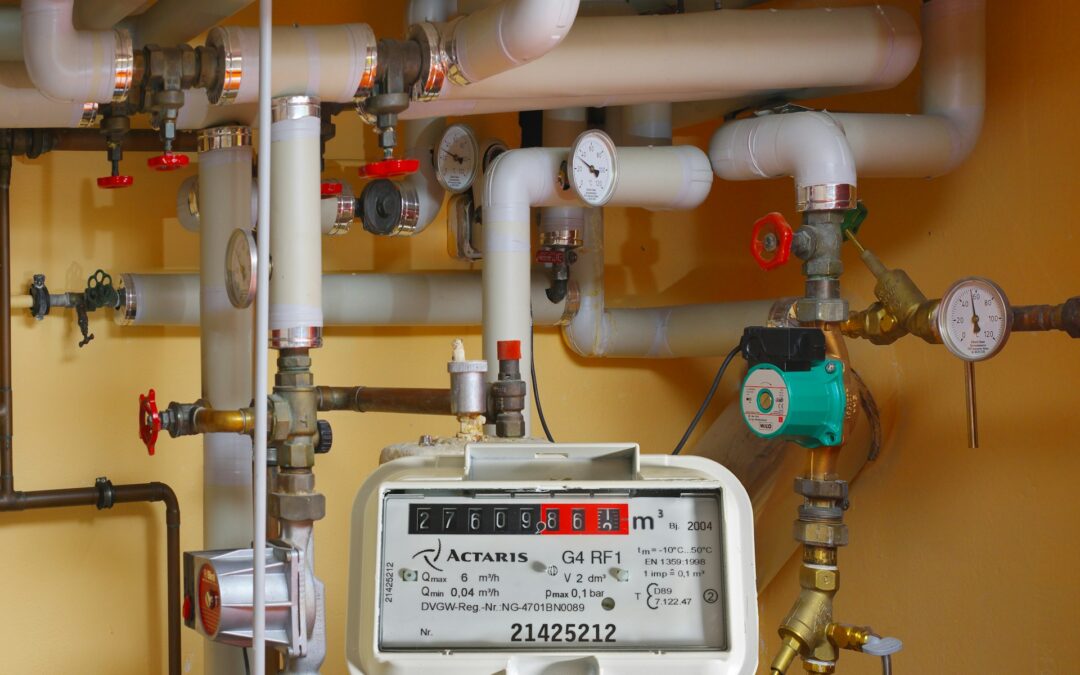How to Fix a Leaking Boiler
A leaking boiler can cause concern, potentially leading to water damage and operational issues if not addressed promptly. While it’s advisable to seek professional help for significant boiler problems, there are specific steps you can take to troubleshoot and fix minor leaks. In this guide, we’ll walk you through a step-by-step process on how to fix a leaking boiler and prevent further damage.
1. Safety First
Before attempting any troubleshooting or repairs, ensure your safety by turning off the boiler’s power supply. Additionally, shut off the boiler’s gas or fuel supply to eliminate the risk of a gas leak. Allow the boiler to cool down before proceeding.
2. Identify the Source of the Leak
Carefully inspect the boiler to locate the source of the leak. The pressure relief valve, pipe connections, pump seals, and boiler tank are common areas prone to leaks. Identify the specific area where water is escaping to determine the appropriate action.
3. Pressure Relief Valve Check
The boiler’s pressure relief valve is a safety feature designed to release excess pressure from the boiler. If the valve leaks, it may indicate high pressure within the system. Gently lift the valve’s lever to allow some water to escape, which might help reset the valve. If the leaking persists, the valve may need to be replaced.
4. Tighten Loose Connections
Check all visible pipes and connections for any signs of looseness. Using a wrench, tighten any loose fittings or connections. Be careful not to overtighten, as this could damage the threads or fittings. If a joint remains leaky, it may require new sealing or thread tape.
5. Inspect Pump Seals
The water pump is a critical component in a boiler system. Water may leak if the seals around the pump are damaged or worn. Carefully examine the pump for any visible signs of water. If the seals are the culprit, they may need to be replaced. Consult the boiler’s manual for guidance on accessing and replacing pump seals.
6. Boiler Tank Examination
 If the boiler tank is leaking, it may be a more serious issue requiring professional attention. Inspect the tank for any visible cracks, rust, or corrosion. If the damage is significant, it is best to contact a qualified boiler technician to assess the issue and recommend appropriate repairs or a replacement.
If the boiler tank is leaking, it may be a more serious issue requiring professional attention. Inspect the tank for any visible cracks, rust, or corrosion. If the damage is significant, it is best to contact a qualified boiler technician to assess the issue and recommend appropriate repairs or a replacement.
7. Check the Expansion Tank
An expansion tank helps regulate pressure fluctuations within the boiler system. If the tank is waterlogged or has a malfunctioning air valve, it can lead to leaks. Consult the boiler manual for guidance on checking and adjusting the expansion tank. If necessary, release excess water and recharge the tank with air.
8. Consult the Boiler Manual
Refer to the manufacturer’s manual for specific guidance on your boiler model. The manual provides valuable information on troubleshooting, maintenance, and recommended procedures for fixing common issues. If you do not have the manual, you can often find it online or obtain it from the manufacturer.
9. Professional Assistance
If the leak persists after attempting the steps above, or if you are unsure about any aspect of the boiler repair process, it is crucial to seek professional assistance. Boiler systems involve complex components and potentially hazardous conditions, making professional expertise invaluable for addressing more severe issues.
Fixing a leaking boiler requires a systematic approach and a keen eye for detail. While some issues are fixable through simple tightening or replacement of components, others may necessitate the expertise of a qualified technician. Regular boiler maintenance and prompt attention to leaks can help prevent more critical problems and ensure the continued efficiency of your heating system. If in doubt, always prioritize safety and consult a professional to address boiler issues effectively.


Recent Comments